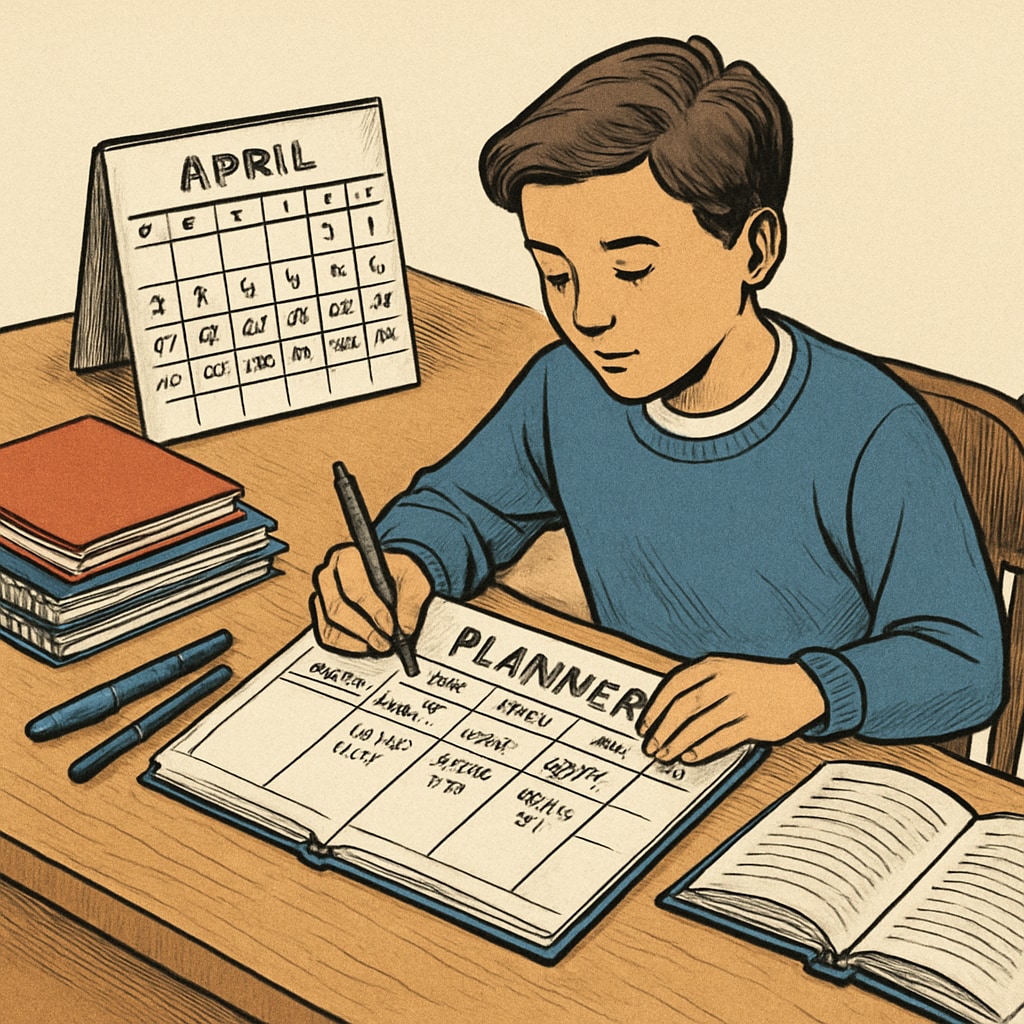Balancing part-time work with academics is often a challenging yet rewarding experience for high school students. The decision to take on a job while pursuing education can teach valuable life skills such as financial responsibility, time management, and adaptability. However, without proper planning, this can lead to stress and negatively affect academic performance. Therefore, understanding how to strike the right balance is critical for students aiming to excel both in their studies and their early professional endeavors.
Why Should High School Students Consider Working?
Part-time jobs offer high school students a unique opportunity to step into the real world while still in a structured educational environment. These jobs often help students develop essential soft skills such as communication, teamwork, and problem-solving, which are invaluable in both personal and professional life. Additionally, earning their own money fosters a sense of financial independence and responsibility, helping students understand the value of hard work and budgeting.

Moreover, part-time work can provide students with insights into various career paths. For example, working in retail or hospitality can teach customer service skills, while internships in specialized industries like technology or healthcare can offer hands-on experience in a potential future career. These experiences can be pivotal in shaping long-term career goals and aspirations.
Challenges of Balancing Work and Academics
While working part-time can be beneficial, it comes with challenges. One major concern is the potential impact on academic performance. Students may find themselves juggling tight schedules, leaving little time for homework, extracurricular activities, or even rest. Fatigue and stress can accumulate, leading to diminished focus in class. As a result, finding a job that aligns with academic priorities is essential.
Another issue is the risk of overcommitment. High school students often underestimate the time and energy required to manage both responsibilities effectively. Therefore, it’s crucial for students and their families to establish clear boundaries regarding work hours and prioritize academic success.
Tips for Achieving Balance Between Work and Studies
To ensure that part-time work enhances rather than hinders academic success, students should follow these strategies:
- Choose Flexible Jobs: Opt for positions that allow adjustable hours, such as tutoring, freelance work, or weekend-only jobs.
- Set Academic Priorities: Ensure that schoolwork and study sessions are non-negotiable and take precedence over work commitments.
- Time Management Practices: Use planners or digital apps to organize daily schedules, allocate time for homework, and track deadlines.
- Communicate with Employers: Discuss your school schedule with your employer to ensure that work hours do not conflict with academic obligations.
- Monitor Physical and Mental Health: Stay aware of signs of burnout and take breaks when necessary to maintain overall well-being.

Long-Term Benefits of Working During High School
When managed appropriately, part-time jobs can be a stepping stone to future success. Students gain practical skills that are transferable to college and professional life, such as interpersonal communication, critical thinking, and resilience. Additionally, earning money at an early age can teach important lessons about saving, spending responsibly, and contributing to household finances.
Furthermore, balancing work and academics builds character. It fosters independence and helps students develop a strong work ethic, which employers and colleges value highly. As a result, students who successfully juggle these responsibilities often emerge more prepared for the complexities of adult life.
In conclusion, high school students working part-time jobs can achieve a golden balance between academics and practical experiences with proper planning and support. By choosing flexible jobs, prioritizing studies, and practicing effective time management, students can enjoy the benefits of financial independence and skill-building while maintaining academic excellence.
Readability guidance: Use concise paragraphs and lists to summarize key points. Include practical tips to encourage engagement and actionable insights. Ensure smooth transitions using words like “however,” “in addition,” and “as a result.”


